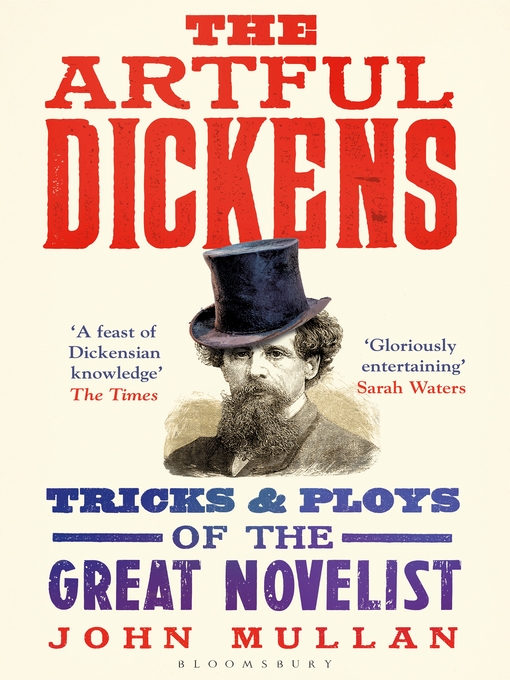- eBooks for Adults
- eBooks for Young Adults
- eBooks for Children
- Picture books
- Recently Added eBooks
- Travel
- Mystery
- Romance
- Newly Added eBooks
- Most Popular eBooks
- See all ebooks collections
- Audiobooks for Adults
- Audiobooks for Young Adults
- Audiobooks for Children
- Newly Added Audiobooks
- Most Popular Audiobooks
- Try Something Different
- Book Express
- See all audiobooks collections
- Newly Added Magazines
- Popular Australian Magazines
- Business & Finance
- Car & Motorcycle
- Crafts
- Entertainment
- Fashion
- Food & Wine
- Home & Garden
- Men's Lifestyle
- Women's Lifestyle
- Technology & Gaming
- All Magazines
- See all magazines collections


